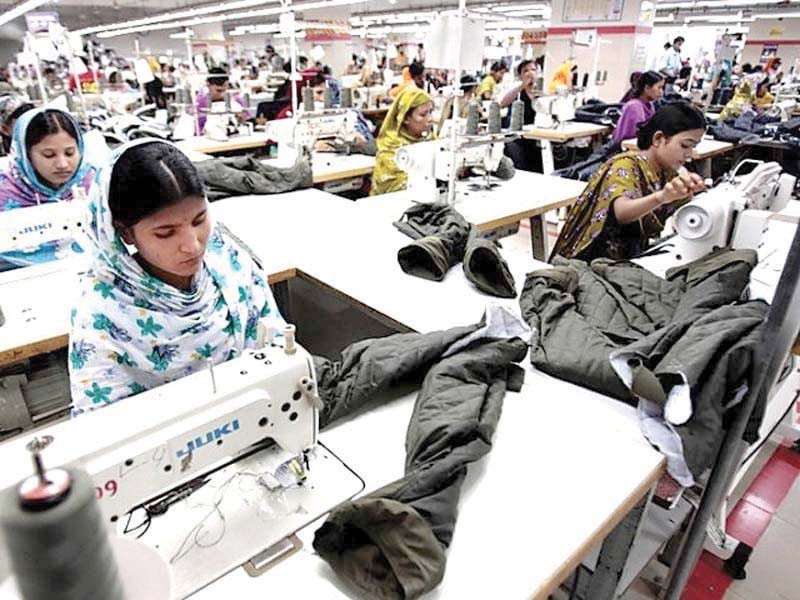
The National Trade Union Federation (NTUF) held a consultative session on Sunday with affiliates from the IndustrialALL Global Union textile and garment sector to discuss the implementation of workplace safety and grievance mechanisms under the Pakistan Accord framework.
The Pakistan Accord, which became effective in 2023, builds upon the successful model of the International Accord for Health and Safety in the Textile and Garment Industry. This legally binding agreement unites global brands, retailers, and trade unions to enhance workplace safety standards, inspired by the tragic Rana Plaza disaster in Bangladesh in 2013.
Chaired by co-chairperson of the textile and garment sector at IndustriALL Global Union Zehra Khan, the meeting highlighted significant developments. As of October 2024, at least 129 global brands and retailers have joined the Pakistan Accord, covering approximately 550 factories and 574,000 workers under its provisions.
"The Pakistan Accord and the German Supply Chain Due Diligence Act exemplify how collective transnational labour struggles can benefit workers regardless of religion or ethnicity," said General Secretary of NTUF Nasir Mansoor. "It also serves as a reminder that struggles led by workers yield results for their communities."
The Pakistan Accord encompasses several key features aimed at improving workplace safety. It mandates independent factory safety inspections focusing on critical areas such as fire hazards, electrical systems, structural integrity, and boiler safety. These inspections ensure that factories adhere to established safety protocols. Additionally, there is a commitment to public disclosure of inspection findings, promoting transparency regarding factory compliance and encouraging accountability among manufacturers.
Worker safety training is another essential component of the Accord. This training equips workers with vital knowledge about safety protocols and empowers them to recognise potential hazards in their workplaces. Furthermore, accessible complaint mechanisms are established to allow workers to report issues without fear of retaliation, ensuring their voices are heard.
The Accord also includes legally binding commitments from signatory brands, ensuring accountability among participating companies regarding their responsibilities for workers' safety. To support these efforts, the programme provides assistance for necessary safety improvements within factories.
In terms of implementation structure, oversight is provided by the International Accord Foundation. Independent safety inspections are conducted regularly, supported by a local implementation team based in Pakistan. Joint monitoring by brands and unions further enhances accountability and ensures that safety standards are consistently met.
Participants at the session included Niaz Khan from the Ittehad Labor Union Carpet Industry, Sajjad Gardezi from the Pakistan Textile Workers Federation, Zia Syed from the All Pakistan Federation of United Textile Union, and Rafiq Baloch, NTUF President. They collectively emphasised the urgent need for improved workplace safety mechanisms.




1730112008-0/jlo-(5)1730112008-0-165x106.webp)




1730104626-0/Copy-of-Untitled-(5)1730104626-0-270x192.webp)

1730107983-0/Copy-of-Untitled-(9)1730107983-0-270x192.webp)






COMMENTS
Comments are moderated and generally will be posted if they are on-topic and not abusive.
For more information, please see our Comments FAQ